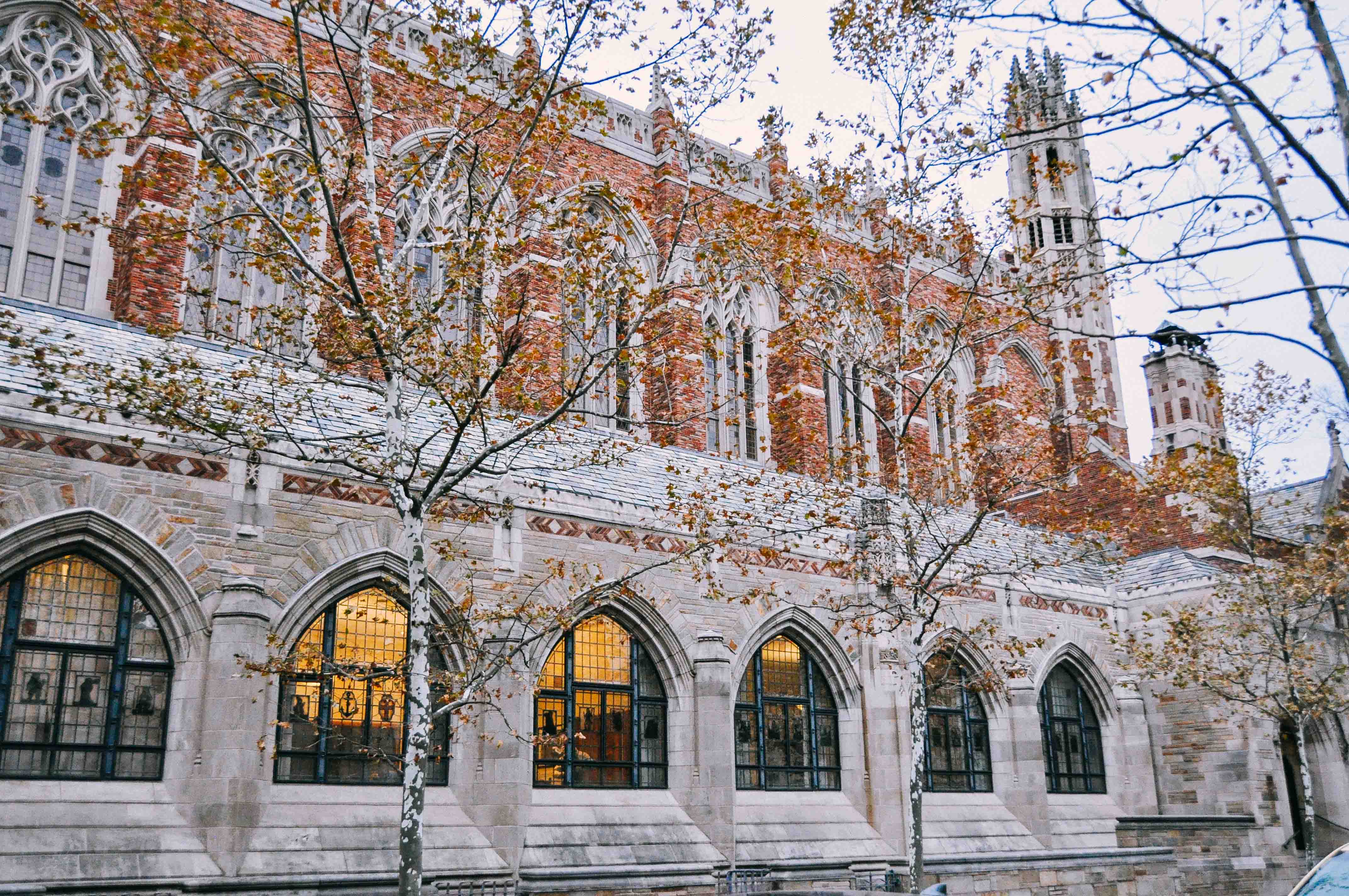
This fall, the Law School launched the Law, Ethics, and Animals Program, otherwise known as LEAP, a new program that aims to strategize against animal cruelty.
Law professor Doug Kysar and lecturer and senior research scholar Jonathan Lovvorn will sit at the helm of the program as faculty co-directors along with executive director Viveca Morris ’15 FES ’18 SOM ’19. This new initiative will include Law School courses, a speaker series, an inaugural lecture event in February, a podcast, a student fellows program and the Climate, Animals, Food, and the Environment Law and Policy, or CAFE, lab. Around 25 student fellows from graduate schools across campus will participate in the inaugural session. The program’s leadership hopes to foster a collaborative environment for graduate student fellows to pursue projects related to animal law, policy and ethics.
“We have these massive technological-industrial [uses] of animals, but the legal frameworks that exist are completely archaic,” said Lovvorn, who also works as counsel for the Humane Society of the United States. “It’s like trying to chase down international high seas piracy with a 17th century sailing ship — the tools are totally inadequate for the level of advancement technology has reached.”
These examples of advanced technologies include industrial animal farming, CRISPR gene editing technology and artificial intelligence, according to Lovvorn.
Yale Law School is not the first law school to launch a program in animal law. In 2015, Harvard, among other law schools, opened an animal law and public policy program, offering multiple courses. Still, Kysar — who teaches environmental law and animal ethics — believes Yale’s program will be distinct in the variety of animal law issues it hopes to tackle.
“We have community building goals in terms of just creating a kind of space […] where people who have a kind of interest in the constellation of issues that we’re focused on can gather and exchange ideas, views and strategies with others who have that approach,” Kysar said. “One thing we’re trying to do, which makes us somewhat distinctive among animal programs, is that we’re deliberately casting a wide net — and that goes deep to our philosophy that the oppression of animals cannot be disentangled from other forms of oppression.”
Kysar and Lovvorn are also co-teaching a class this fall, which has 24 official enrollees as well as a number of auditors.
The class as well as the program itself focuses on questions that are “morally urgent and highly interdisciplinary,” according to Morris.
“The program’s research and policy work will focus on industrialized animal farming and its impact,” she said. “Today, industrial animal farming is causing the most systemic and widespread animal abuse in human history.”
Viveca explained how animal abuse related to the issues of climate change, food access and inequality and migration. She said that the top five meat and air companies, which collectively produce as much greenhouse gas emissions as ExxonMobil, Shell, or BP, are held up to far less public and regulatory criticism than their energy contemporaries.
Among the inaugural class of LEAP fellows is Mollie Berkowitz LAW ’21, a board member of the Yale Animal Law Society, which advocates for reducing animal suffering.
“I’m interested in sustainability and ethics in clothing and clothing manufacturers […such as] finding low price, high quality alternatives to leather goods,” Berkowitz said. “There are lots of companies emerging in this space but no general resource for this, so every time someone wants sustainability, they have to reinvent the wheel.”
While Berkowitz envisions a central database to increase access to information, she said that fellows are using program resources to engage in academic research and policy papers as well.
Kysar reaffirmed the program’s commitment to both philosophical discussion and real world change.
“We’re going to want to change how the students look at these issues and change perspectives going forward, but we also have this really granular approach to actually checking things on the ground,” Kysar said. “Theory and practice have to work hand in hand.”
Kysar and Lovvorn’s class meets from 6:10 p.m. to 8:00 p.m. on Mondays.
Samuel Turner | samuel.turner@yale.edu
Clarification, Sept. 22: This story has been updated to reflect that Kysar and Lovvorn are co-directors of LEAP and Lovvorn is a senior research scholar.
Correction, Sept. 22:A previous version of this story incorrectly stated the number of Law School courses the new initiative would offer. The article also incorrectly stated that the speaker series and inaugural lecture event were the same event. The speaker series is year-long, while the inaugural lecture event is in February.







